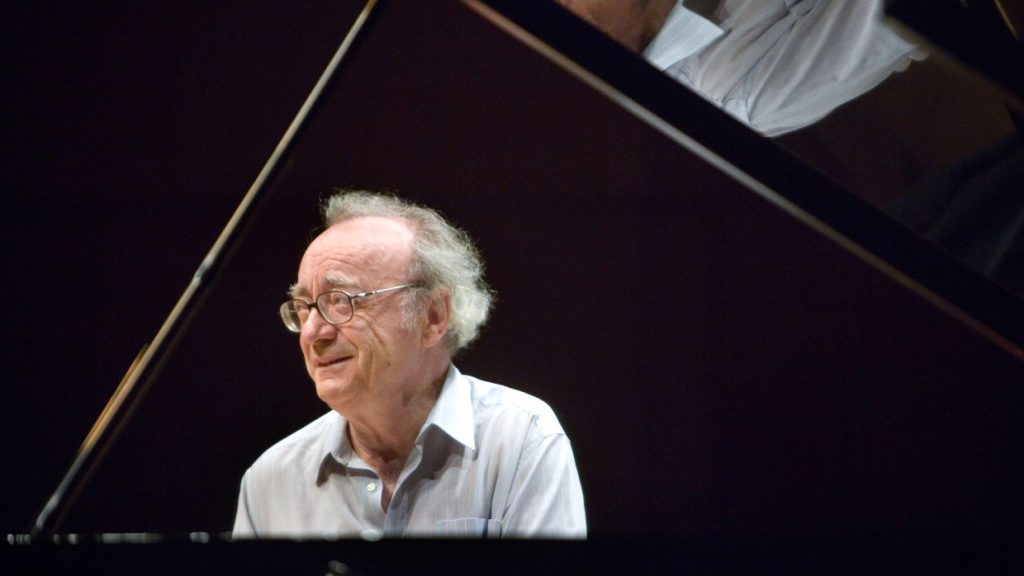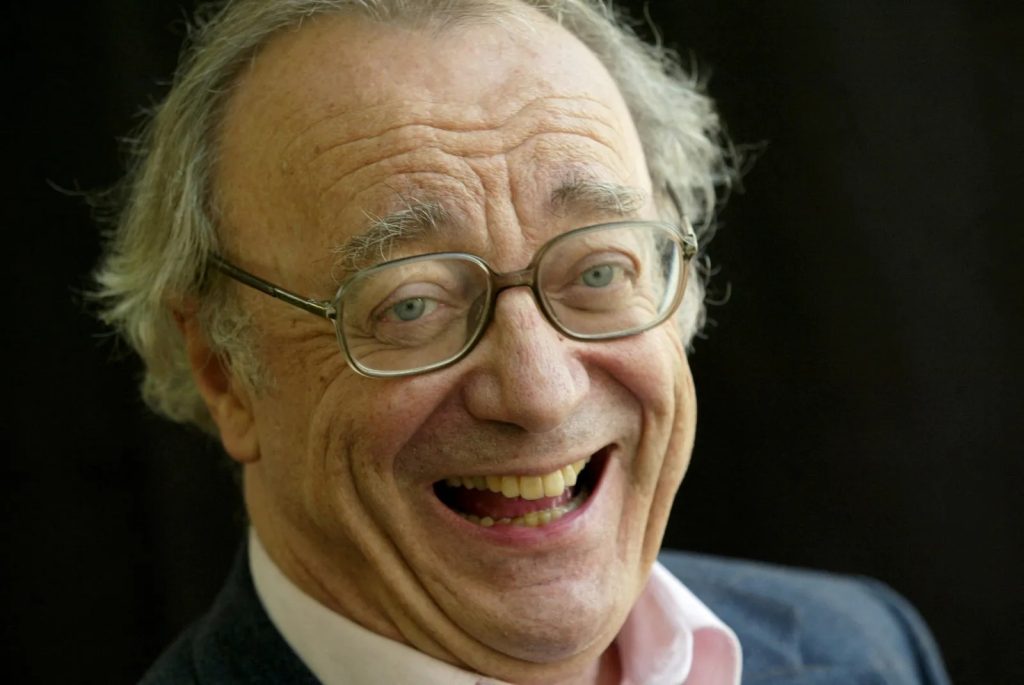Not Just a Pianist: The Many Voices of Alfred Brendel
Alfred Brendel, the Czech‑born Austrian pianist, essayist and poet, died peacefully at age 94 on June 17, 2025, in London. Celebrated for his deeply intellectual interpretations of Beethoven, Mozart, Schubert and Liszt, he reshaped classical performance with clarity, wit and literary flair. His legacy endures through recordings, writings and mentorship.

I had the privilege of meeting Alfred Brendel after a performance of Beethoven’s “Emperor” Concerto at the Hollywood Bowl, sometime during my student years at UCLA in the 1980s. Brendel, as formidable in person as he was at the keyboard, radiated a dry wit and a surprising warmth. I was struck not only by his humor but by the genuine interest he showed in me as a young musician.
Being in Los Angeles and its vibrant music history, I felt emboldened to humorously ask about his plans to record the Rachmaninoff concertos. With a twinkle in his eye and a laugh, he replied that he had chosen to spend his time immersed in entirely different aesthetic and musical realms.
To describe Alfred Brendel as simply a pianist is to mistake the man for the medium. Yes, Brendel inhabited the piano – commanding it with authority across the great Viennese repertoire – but his legacy extends far beyond the instrument. A polymath in temperament and practice, Brendel’s career is a mosaic of musical excellence, intellectual curiosity, and quiet, eccentric humor.
Brendel’s beginnings were humble and wholly unmusical. Born in 1931 in Moravia, now the Czech Republic, he was neither a child prodigy nor raised in a home filled with music. His early piano lessons were intermittent, ending formally at age sixteen. From then on, he taught himself. “A teacher can be too influential,” Brendel once said. “Being self-taught, I learned to distrust anything I hadn’t figured out myself.” His ear became his greatest mentor, aided by a tape recorder and a rigorous self-dialogue.
Brendel’s rise was equally unorthodox. After winning fourth place at the Busoni Competition in 1949, he embarked on a slow-burning career, touring Europe and Latin America, building a reputation for interpretive integrity. Unlike the meteoric ascents common in today’s classical world, Brendel’s career developed “like a kettle slowly coming to boil.” A pivotal moment came with an unlikely London recital – one he barely liked – that led to three major record deals.

The 1960s marked a turning point: Brendel became the first pianist to record Beethoven’s complete piano works, a landmark that cemented his reputation. His Beethoven cycles – first with Vox, then with Philips – remain among the most revered in the recorded canon. His interpretations of Schubert, Mozart, and Liszt likewise became benchmarks. Yet Brendel’s artistry was never confined to piano. He was also a writer of wit and substance, publishing essays and volumes of absurdist poetry, including “One Finger Too Many” and “Cursing Bagels”. He lectured on music with scholarly rigor and gleeful irreverence, famously asking in a Darwin Lecture: “Does classical music have to be entirely serious?” A man of deep paradoxes, Brendel was both austere and mischievous. Known for his seriousness on stage—his facial contortions became legend – he privately delighted in wordplay, visual puns, and collecting kitsch. He loved Dada, Edward Gorey, Romanesque architecture, and newspaper bloopers. He listed “laughing” as a favorite activity.
Brendel retired from public performance in 2010, but not from the public eye. He continues to teach, write, and speak – sharing not only his insights into music but into art, philosophy, and the quirks of human nature. His life in London, spent among books and paintings, reflects a quiet intensity. One room remains sacred: his studio, marked with a sign reading “Kirche – kein Eingang” (Church – No Entry). I
Alfred Brendel’s influence goes well beyond his recordings. It lives on through the students he mentored and his thoughtful approach to music – one that emphasizes that interpretation should serve the masterpiece, not personal ego. His legacy is really a portrait of a man who aimed not just to play the notes, but to connect with their deeper human stories. In a world often obsessed with fame and flash, Brendel’s work stands as a reminder of the importance of authenticity and true understanding in art.
In a world often dazzled by youthful virtuosity, Alfred Brendel stands as a testament to the power of slow cultivation, of deep listening, of humor and humility. “I am not exclusively a musician,” he once said. Thankfully, for us, he never was.
Read more & listen:
Alfred Brendel interview (Gramophone, February 1969)
Alfred Brendel: 10 Essential Albums
Comments
Thanks for tribute to Alfred Brendel and new anecdotes as well as personal meeting. His repertoire was ever expanding to Busoni, like his Toccata and some Elegies which kept me fascinated far more than him playing Rachmaninoffs Concertos, which had he the inclination, I’m sure would have been unique.
This news reminded me of Thursday evening concerts at Birmingham Town Hall, back in the late 60’s, when my then boyfriend and I were regular attendees. We would watch the performances from the choir stalls (at the side of the massive organ pipes). Alfred Brendel reinforced my love of Mozart particularly well. I learnt so much from those events. It would have been lovely to have a conversation with him. I hopr that he knew how many lives he influenced. RIP.